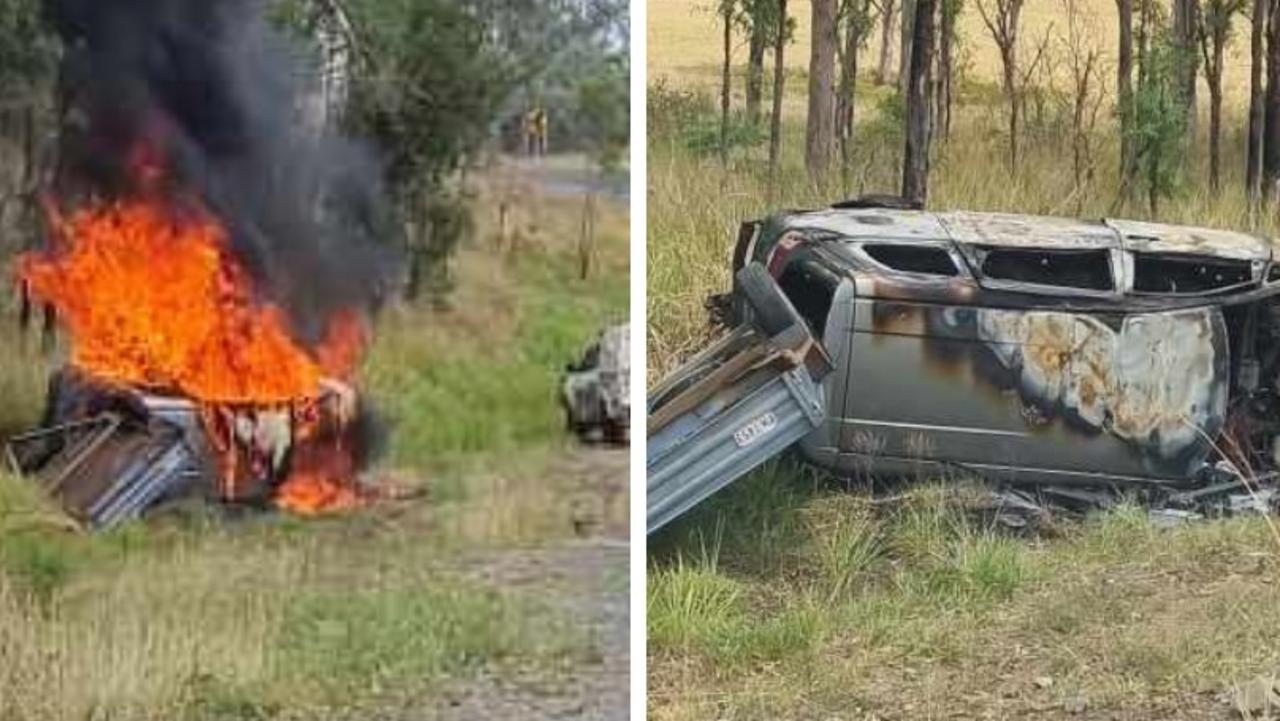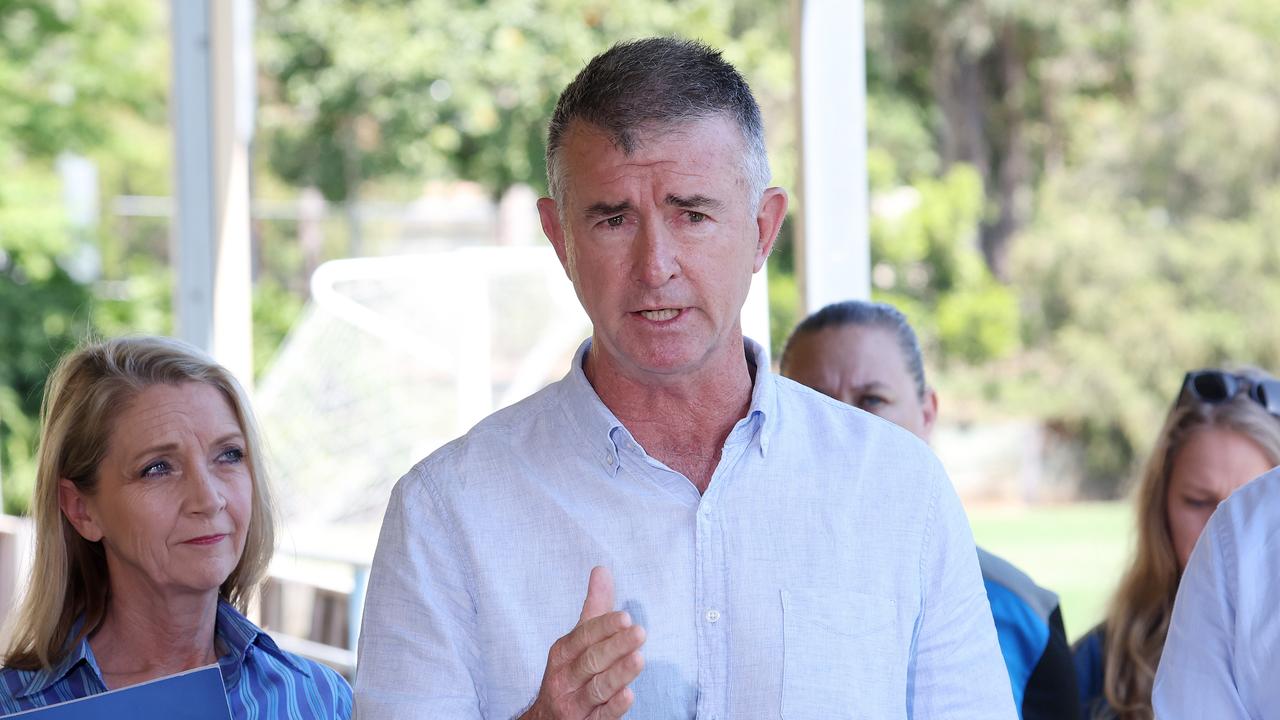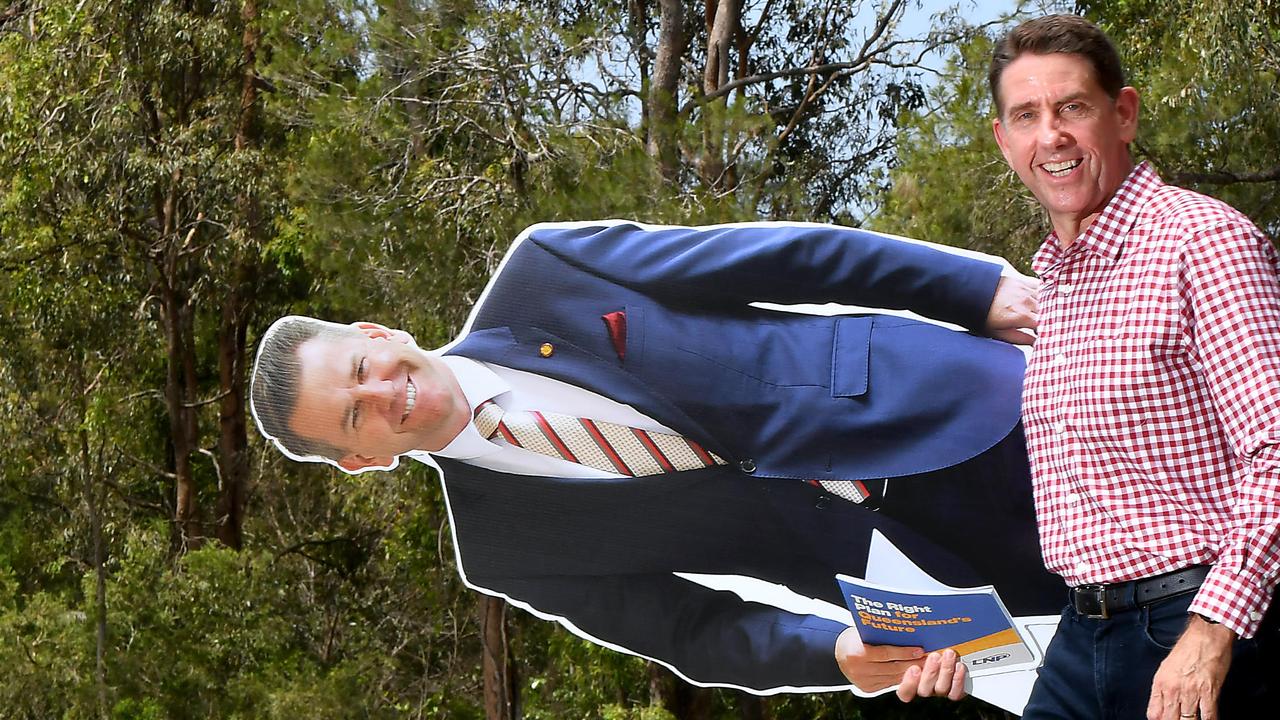Master Builders and Remax agent Scott Mackey on the future of housing
Amid the property boom, two industry experts explain why the great Australian home ownership dream may be a thing of the past and simply building more houses not the answer.
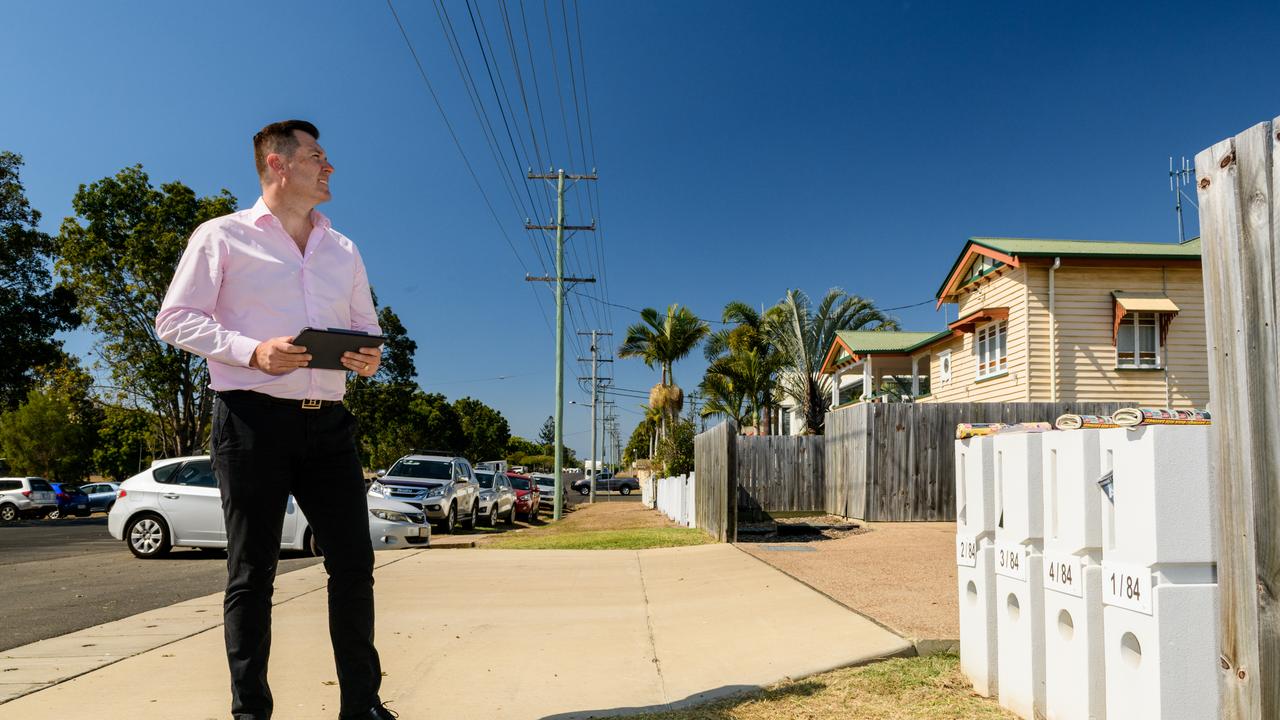
Bundaberg
Don't miss out on the headlines from Bundaberg. Followed categories will be added to My News.
The saying “safe as houses” may have been in use for years, but it could be on the verge of losing relevance given the changing direction of the Australian housing market.
Bundaberg real estate agent Scott Mackey knows this more than most.
He‘s spent many years in the industry and is now seeing several factors contributing to a sobering trend away from the great Australian dream of a three-bedroom home with a big backyard.
A strong demand for homes is driving prices up – $16,000 on average for existing homes.
That figure, according to Remax‘s Mr Mackey, isn’t all that worrisome. It can always happen because a coastal property might go up $100,000 in value while others don’t move up in price at all.
But demand means properties are also scarce.
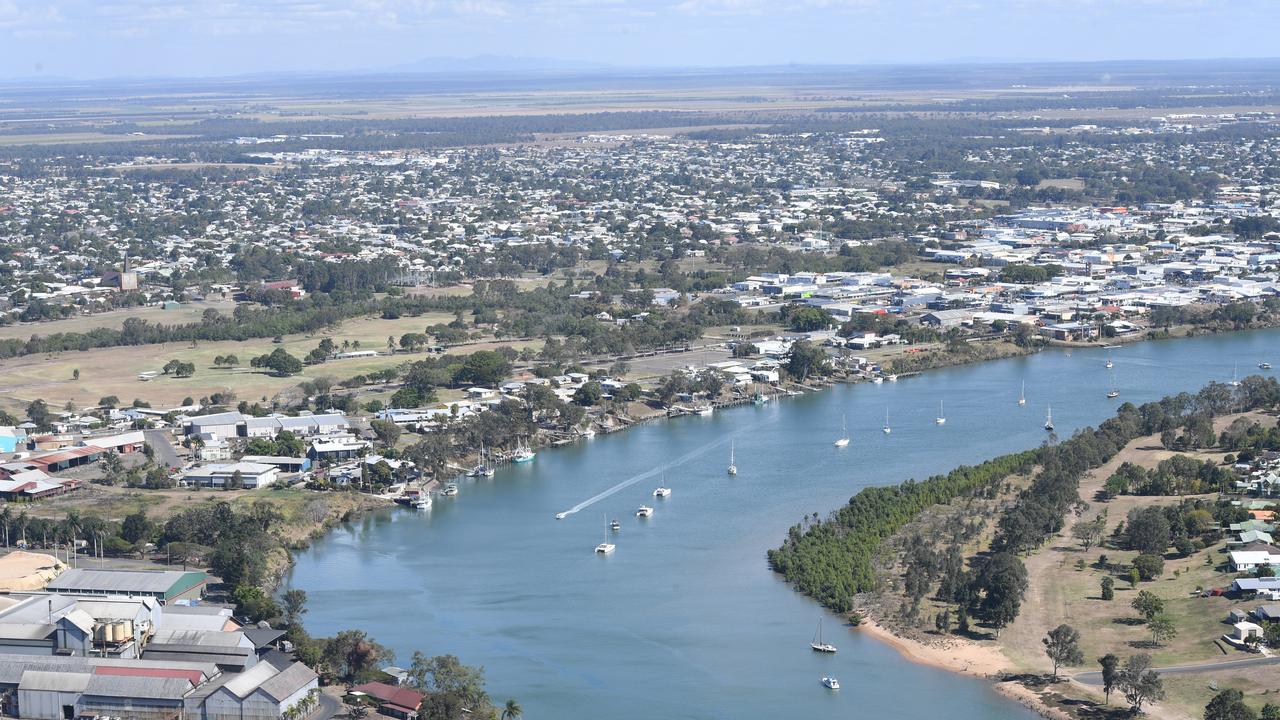
“We're still seeing strong demand from both local buyers and out of town buyers,” he said.
“There is a stronger demand than there is supply, but we're still very good value as we’ve always been.”
One of the biggest contributing issues, according to Mr Mackey, who runs a number of businesses from real estate to managing an inner-city motel, is the difficulty surrounding new builds for the average person on an average income.
Government incentives such as the regional home building boost grant, which offers a $5000 cash reward after a home is built, are intended to increase the number of existing homes.
But according to Master Builders Burnett Wide Bay manager Ian Langer, such incentives are adding to a stockpile of issues in the building industry.
Mr Langer revealed one of the worst outcomes among a myriad of issues was builders being contractually obliged to build below cost.
“What‘s happening is there’s a perfect storm of factors,” he said.
Those factors are a high demand for homes in regional areas on the coast, government building incentives and low interest rates. Normally, those factors would see an industry thriving.
But the same pandemic that has caused a mass exodus out of the big cities preventing the deconstruction of ships in India for steel.
Trees, Mr Langer says, can‘t get in the ground fast enough for timber supply.
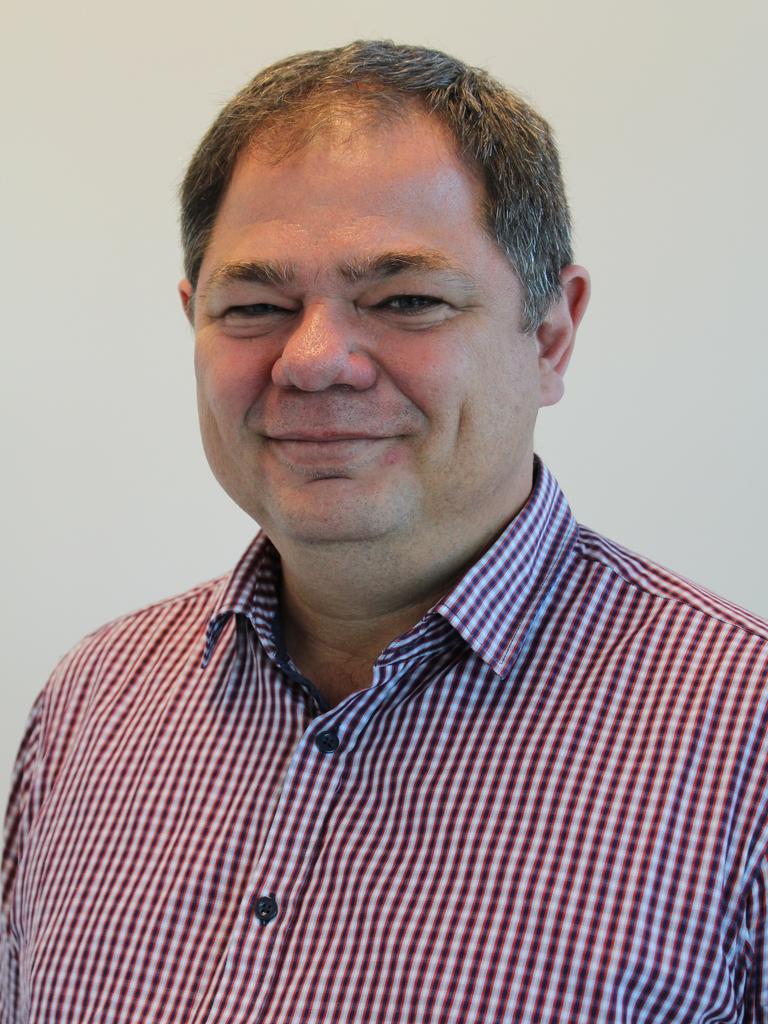
Workers are in short supply – so by the time a builder has raw materials on hand and workers at the ready, the price of the build will have risen and it‘s builders copping the brunt.
“The supply is not enough to meet demand, which has pushed prices up,” he said.
The fact resonates with Mr Mackey‘s message that the average person faces a costly build to build a home – something out of the reach for many.
“The longer you wait, the more prices go up,” Mr Langer said.
“It‘s a huge dilemma and there’s no real solution.”
There‘s also a relatively unseen factor at play where if a natural disaster occurs and builders are needed elsewhere, new builds will be further delayed.
Many people are also buying older homes and renovating, further tying up resources.
Bringing in contractors from other areas seems reasonable, but then they are finding it hard to find homes to rent in the region as they work.
Costs are going up monthly and Mr Langer said most companies were trying to absorb costs where they could, but he wanted people to understand builders were not price gouging if costs went up.
The price of timber increased by 50-60 per cent in the past nine months. By next month, it‘s expected to jump by 30 per cent and another 20-25 per cent in November. That’s almost double the price in a year.
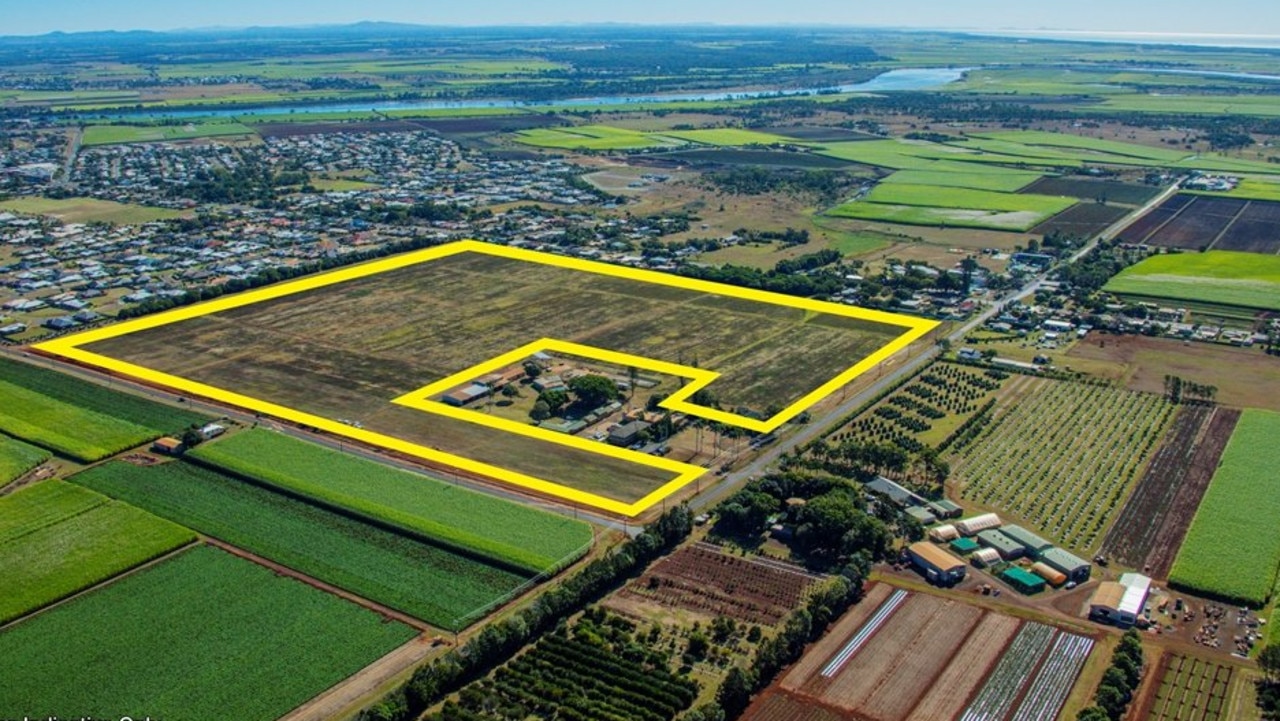
Mr Langer says the building industry was bringing in less profit than retail.
“There‘s no profit in it and builders are contractually obliged to build at a loss,” he said.
Mr Langer is calling for people building new homes to understand the position their builder is in.
“When your builder tells you he or she‘s been suffering price hikes it’s actually true and no one saw this coming,” he said.
“Work with your builder and be patient, it‘s not their fault. They have no control.
“It‘s definitely not your local builder trying to gouge you.”
So what‘s the answer to a housing shortage when new builds are being rattled by a pandemic? Mr Mackey believes the trend for Bundaberg and indeed the nation will move towards unit life as it has existed in many overseas countries with denser populations.
The rental market is still sitting at a paltry 0.4 per cent.
With demand growing, Australians are set to face the reality that they may no longer be able to afford living in a house.
“That‘s the thing where we’ve had that luxury,” Mr Mackey said.
“That could all be changing.”
More Coverage
Originally published as Master Builders and Remax agent Scott Mackey on the future of housing



